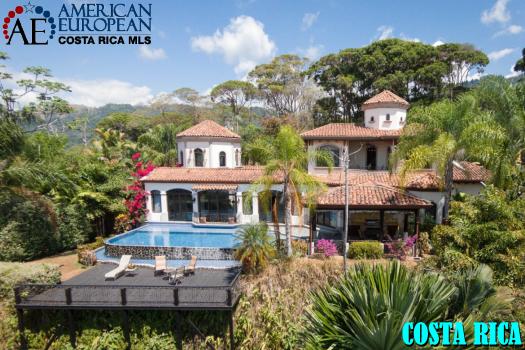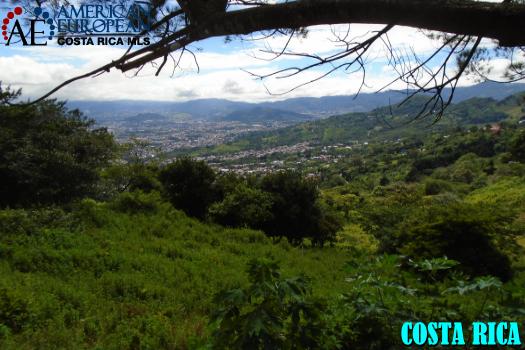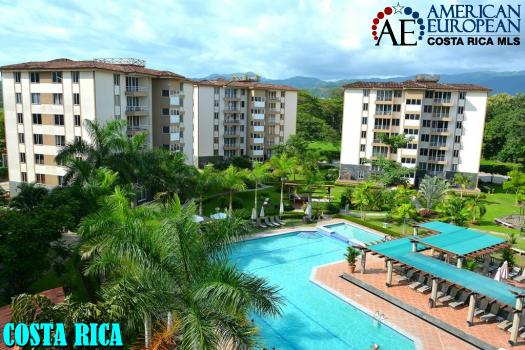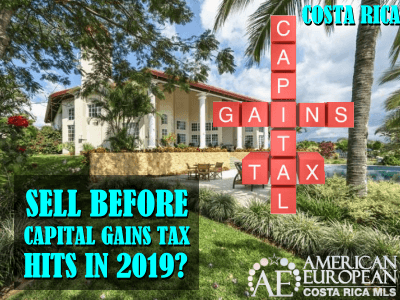You might not know it yet, but soon we’ll have capital gains tax in Costa Rica. How will this interfere with your home and your real estate investments in Costa Rica?
Will this new tax law hurt future business in Costa Rica?
One of our beach property affiliates told me this week that a seller mentioned that in July they might raise the price of their property because soon there is a new law in force for capital gains tax for real estate and investment income. What will mean the capital gains tax mean for property owners and Costa Rica real estate in general?
Well, that’s a great question. In my opinion, that depends on what the seller paid for the property. Or better said, what the registered value in the Municipality is. You should know that it is mandatory for homeowners to update the registered value of their properties in the Municipality where the properties are located.
The Capital Gains tax
What is the new capital gains tax all about? This tax is included in the new tax reform, approved by the legislature as bill number 20.580. Real estate attorney Roger Petersen shows on his website on the tax reform:
The Tax Reform law will create a Capital Gains Tax of 15% which will apply to investment income and real estate. For real estate, the law provides a one-time exemption for those property owners that own property before the law comes into effect. Those will pay 2.25%. Also, the primary residence is exempt from capital gains.

Your home
The new tax law indicates that you do NOT have to pay capital gains tax on your primary residence. This means that you will only have to pay capital gains tax when selling an investment property. I’m not sure how the tax authorities will be able to know which one is your primary residence and which one is an investment property. Also, it is not clear what will happen if your primary residence is in another country and you only own a vacation home in Costa Rica that can be seen as a primary residence here. I guess we’ll find out soon. I will update this blog as soon as we know.
Your Municipality
You don’t know where to look? Then let’s go over it.
Since 1995, every property owner is obliged to fill out a property value declaration every five years. Some Municipalities have done this for their residents automatically, but most have not. Learn all about it in this blog and check with your municipality.
You pay 0.25% property tax over the declared value, so if you know how much tax you pay, it’s easy to calculate the registered value in the Municipality.
Big change
Until now, many property owners have paid very little property tax because of outdated values. Also, real estate developers have never paid a dime into the property tax system as they have always registered low values and transferred the corporation that owned the property to the buyer.
The big change will be that in the near future, the municipalities will receive more funds to be used for infrastructure.
Low value
Until now, it has always made a lot of sense to keep the registered value of your properties as low as possible. Nobody likes to pay taxes. But does it still make sense on a property that you own as an investment? You’ll just have to calculate it to make a decision
Update value
Let’s calculate hypothetically.
My property has a registered value in the Municipality for ¢100,000. I am paying 0.25% property tax per year. This amounts to ¢250.00 annually.
I am selling my property at market value one year later at ¢1,000,000. At this point, I have to pay 2.25% capital gains tax, which amounts to ¢22,500.00
Therefore, you can afford to pay the 0.25% property tax (¢250 per year) for 81 years to cover the amount of the capital gains tax to be paid when you sell.

Corporations
Private sellers and real estate developers have created corporations for new property like condos for years. They transfer the title of a property through a share transfer and no transfer tax is paid to the government. This way, the registered property value is not influenced every time the property is sold. But now corporations are also obliged to update the value in the Municipality every 5 years. If you own property through a corporation, you should probably update your property value too and save some money in the future.
Infrastructure
It’s about time the government interferes with the lack of property tax payments. The country needs infrastructure and someone needs to pay for it. Thousands of real estate developers, as well as their buyers, have gotten away with not paying those taxes. It’s a shame, but in my opinion, the capital gains tax will help the growth of our economy.
Spec homes
There are hundreds of spec home buildings all over Costa Rica. Is there still going to be such a good business for those who build spec homes to sell to expats as it was before? Starting July 2019, the builder will have to pay 15% over the capital gain, if they do it in their own name. Until now, this was practically a tax fee business and the government was not making a penny on it.
The question
So, back to the question to “sell your property before the tax or raise the sales price” after July?
Again, in my opinion, if the property didn’t sell before at a lower price, why would it sell at a higher price? That doesn’t make any sense to me at all, as I already explained in this blog. In my opinion, a sales price is not what a seller wants for it, but what a buyer is willing to pay for it.
If you really hate paying 2.25% capital gains tax on a property that you have made a profit on, don’t sell. Or sell before July 2019. Or update the value of your property in the Municipality ASAP.
The future
Yes, 15% capital gains tax on an investment property acquired after July 2019 is a lot of money. I’m sure this will have some effect on foreign investment. For a while. Until we all get used to it.

Other countries
Learn about capital gains tax in some other countries:
United States
Capital gains taxes can apply to investments, such as stocks or bonds, real estate (though usually not your home), cars, boats, and other tangible items. But the capital gains tax is based on income:
In 2018, capital gains tax for married people, filing jointly, is:
0% $0 to $77,200
15% $77,201 to $479,000
20% $479,001 or more
United Kingdom
28% on your gains from residential property
20% on your gains from other chargeable assets
Colombia
Here, the tax is 10% over the person’s or corporation’s extraordinary income
Panama
Many will be interested to know that Panama charges 10% capital gains tax.
There are only a few Latin American countries that do not charge capital gains tax, check here.
My opinion
I honestly doubt that this new tax will affect the purchase of property of large companies moving into Costa Rica. It will also not affect the thousands of foreigners who are buying a vacation home or moving to Costa Rica to retire because only investment property will have to pay the tax.
BUT, it will definitely make those who plan to purchase a vacation rental as a business think twice. Especially with a 13% sales tax on vacation rentals and the obligation to legalize income on such properties.
Those investments give economic growth more of an edge than the gain in taxes. I’m sure that soon, someone will come up with a great way of not paying and we’re back to square one again.
For other professional opinions, contact your attorney or an accountant before you take any drastic decisions.
What will happen?
Seriously, I don’t know what will happen. I have no idea how the tax authorities are going to treat this. I can only imagine the tax authorities will have to involve the public notaries in this and withhold this tax at closing.
Time will tell.
Looking to purchase or sell property in Costa Rica? Then contact the experts now.


















